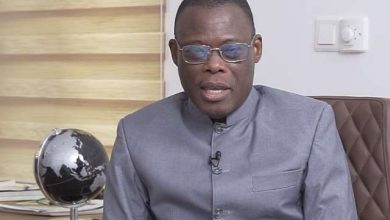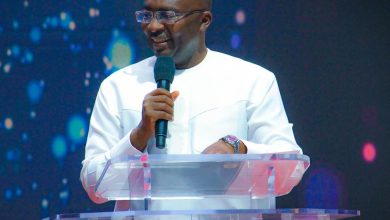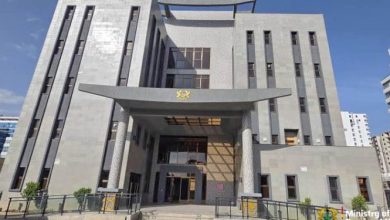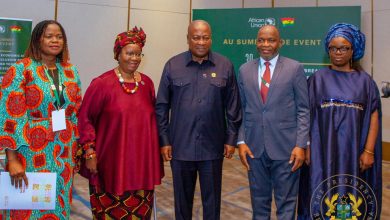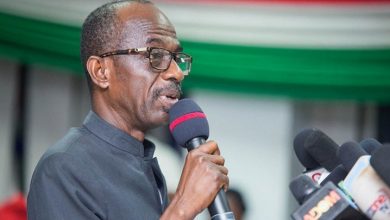Akufo-Addo assents to Affirmative Action Bill 2024
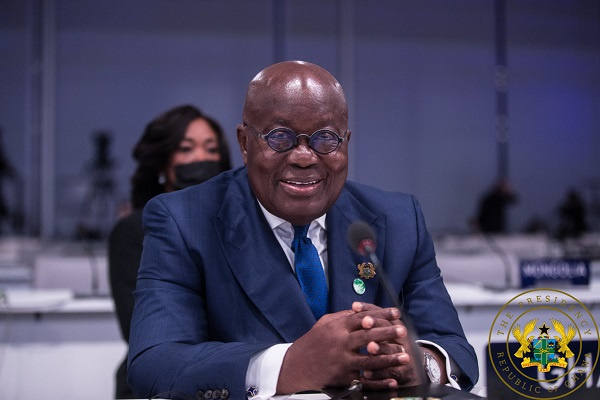
President Nana Addo Dankwa Akufo-Addo has officially assented to the Affirmative Action Gender Equity Bill 2024, which was passed by Parliament in July this year.
The bill aims to address social, cultural, economic, and political gender imbalances in the country, stemming from historical discrimination against women and persistent patriarchal socio-cultural systems and norms.
It also seeks to ensure gender equity in both the public and private sectors.
Dakoa Newman, Minister of Gender, Children and Social Protection, made this announcement in an X post on Thursday.
“Update: President Nana Addo Dankwa Akufo-Addo @NAkufoAddo has assented to the Affirmative Action (Gender Equity) Act, 2024. Next Step: Implementation,” she stated.
Background
The Affirmative Action (Gender Equity) Bill, first introduced in Parliament in 2016, aims to enhance women’s participation in governance and decision-making in Ghana. It promotes diversity by ensuring that women, minorities, and other underrepresented groups have equal opportunities in leadership at all levels.
Aligned with international agreements such as CEDAW and the African Charter on Human Rights, the bill sets targets for gender representation: 30% by 2026, 35% by 2028, and 50% by 2030. These quotas will apply to appointments in public offices, governance, and leadership roles.
Currently, women make up 51.2% of the population but hold only 13.8% of parliamentary seats and less than 30% of key leadership positions. In local elections, only 4.1% of assembly members are women. The bill will also introduce gender-responsive budgeting across all government sectors.
Political parties will be required to meet progressive gender equality targets in nominations and leadership, with the Electoral Commission overseeing compliance.
The bill also focuses on gender balance in education, mandating the Ministry of Education to ensure equal access for girls and remove barriers to their success.
The bill represents a crucial step toward achieving gender equality in Ghana, covering sectors like education, health, and employment to create a more inclusive society.
Source: citinewsroom



